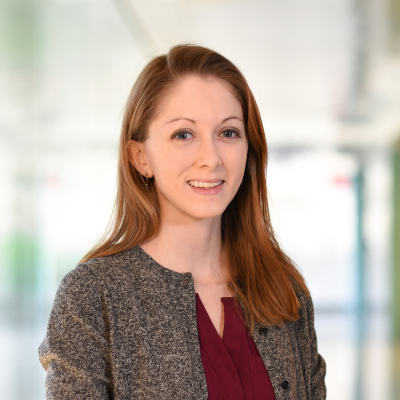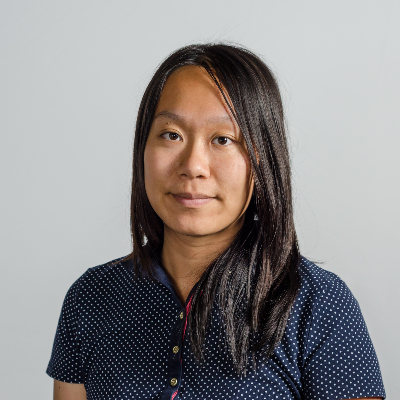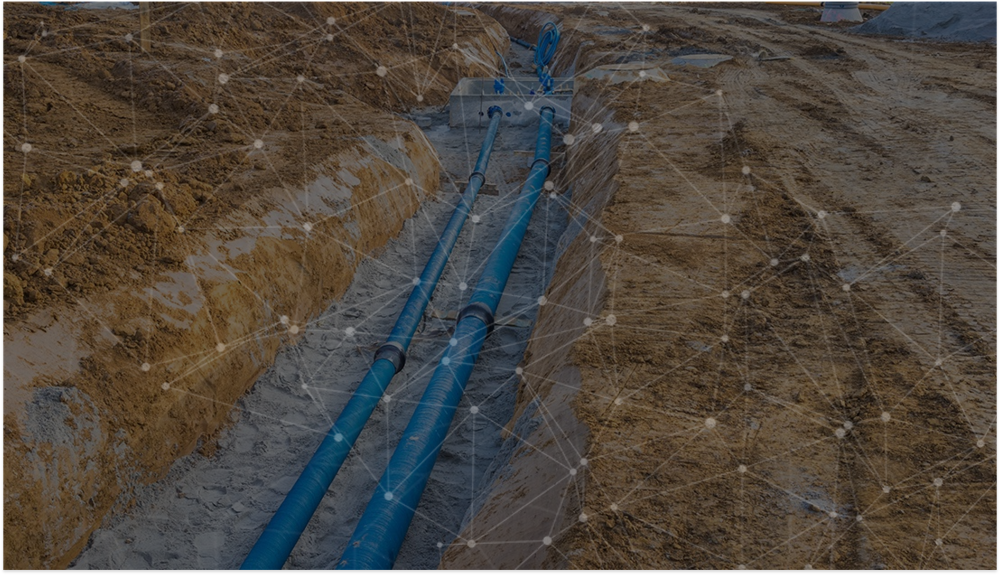Spotlight on hydroinformatics, part 2: The lesser-known force shaping the future of water
In the second part of our Spotlight On Hydroinformatics series, Xylem Making Waves meets some more of Xylem’s hydroinformatics engineers who share insights on how they are partnering with utilities to solve complex challenges like water scarcity and flooding – and to do so affordably. Catch up on part 1 of this series here.
+++++
 INTERVIEWEE: Sara Troutman, Hydraulic Control and Optimization Engineer, Xylem
INTERVIEWEE: Sara Troutman, Hydraulic Control and Optimization Engineer, Xylem
MW: Hydroinformatics is quite a broad discipline that requires an open and enquiring mind. Do you agree?
ST: Hydroinformatics, like many engineering fields, increasingly thrives from multidisciplinary perspectives. Hydroinformatics engineers combine expertise from traditional civil and environmental engineering, signal processing and machine learning, control theory, and even sociotechnical systems into their solutions development. Working with and learning from others in these fields allows hydroinformatics engineers to excel and provide customers with the smartest solutions.
MW: Why did you choose to work in hydroinformatics engineering? And why at Xylem?
ST: When I was in high school, I visited the local wastewater treatment plant with my grandfather, who had worked there for many years. Seeing how the physical, chemical and biological treatment processes dramatically changed the wastewater influent into cleaner effluent fascinated me. Years later, as an undergraduate student in environmental engineering at North Carolina State University, I got involved in a research project.
Using mathematical concepts and modeling we optimized treatment facilities that were distributed across an entire drinking water network. Since then, through my graduate work at the University of Michigan to my current work as a hydroinformatics engineer at Xylem, I approach problems with a grounding in environmental engineering, using tools and strategies from data analysis, control theory and systems analysis.

I chose to work at Xylem because I saw the innovative approaches that were being applied to real systems. The exciting discussions that were happening to bring new ideas to fruition, such as leveraging wastewater collections and treatment strategies together, also inspire me. Xylem has afforded me the opportunity to work with talented peers who continue to innovate across the water system.
MW: What does a hydroinformatics engineer do in her spare time?!
ST: I really enjoy handcrafts; knitting, crocheting, and card making. I’ve also recently started to learn weaving. Enjoying constructive hobbies and teaching myself new things has been particularly important to me throughout the pandemic.
++++
 INTERVIEWEE: Jennifer Wu, Hydroinformatics Engineer, Xylem
INTERVIEWEE: Jennifer Wu, Hydroinformatics Engineer, Xylem
MW: How did you find yourself in hydroinformatics engineering?
JW: It was an accident! I really like programming and even though I did not go to school for programming, I always incorporated programming in my workflow whenever possible. In February 2018, I saw our senior manager Bryant McDonnell posted in a modeling forum looking for contributors for an open source project. I reached out because I wanted to collaborate with other programmers and learn from the experience. My contribution to the project ultimately evolved into me joining Xylem. I was excited because working at Xylem provides opportunities to solve water problems – real-world problems – in innovative ways while continuously pushing the boundaries of what’s possible.
In my view, to be a good hydroinformatics engineer, curiosity is the most important quality. I believe that we should always keep learning as technology advances. It’s an awesome opportunity to be in role where you are continuously learning about new technology and exploring ways we can apply it to solve urgent water problems.

MW: What are you working on right now?
JW: I am working on a project to detect anomalies within sensor data. The objective of the project is to support early identification of potential issues like pipe blockages within sewers, so that our clients can conduct preventive maintenance and avoid unnecessary downtime and cost.
MW: Before we finish, tell us a fun fact about you?
JW: I like sloths. One of my aspirations is to go to Costa Rica and meet a sloth in person!
